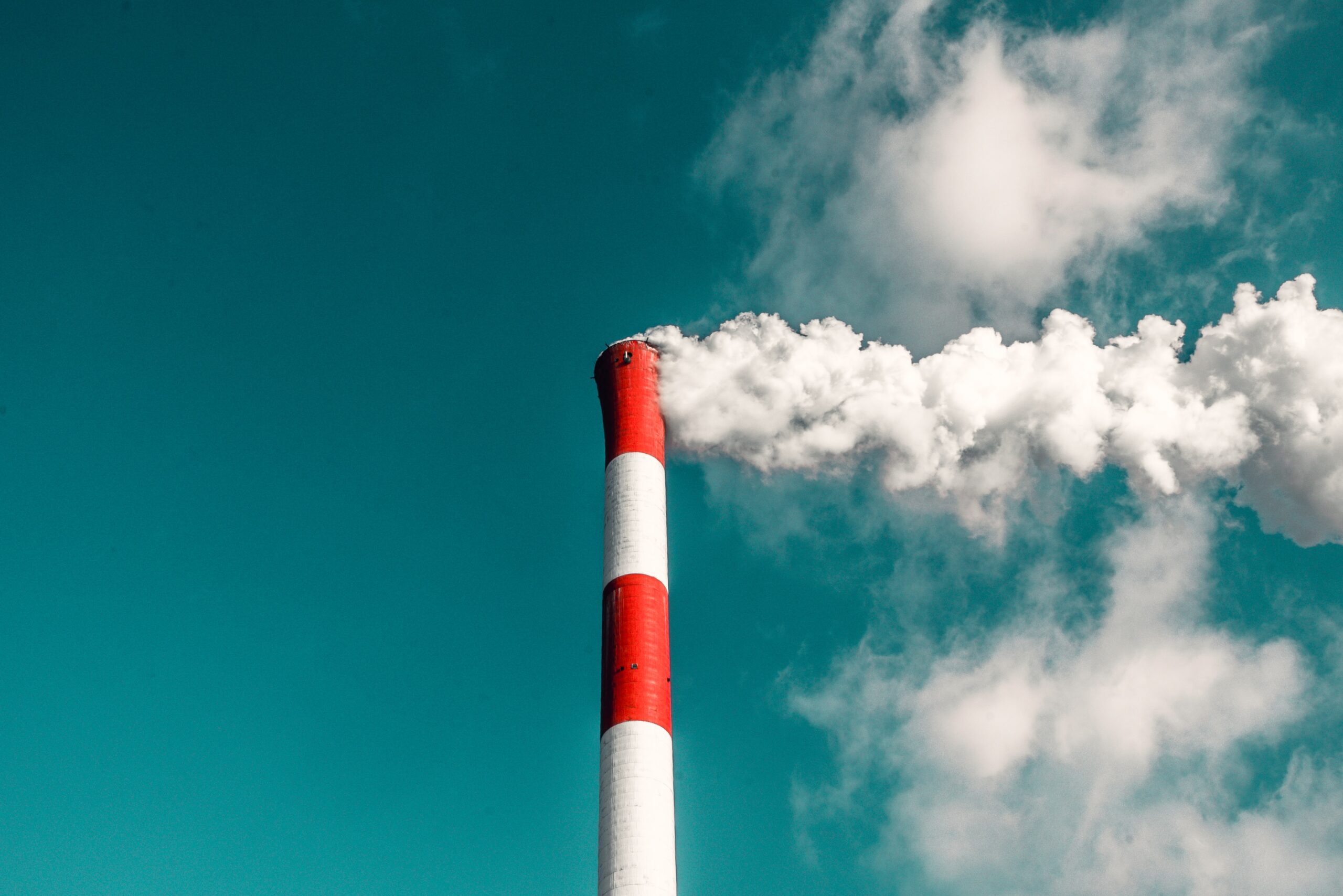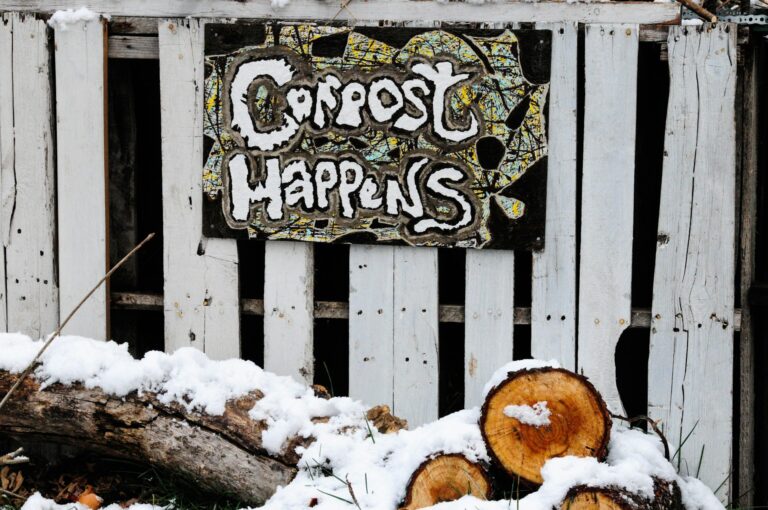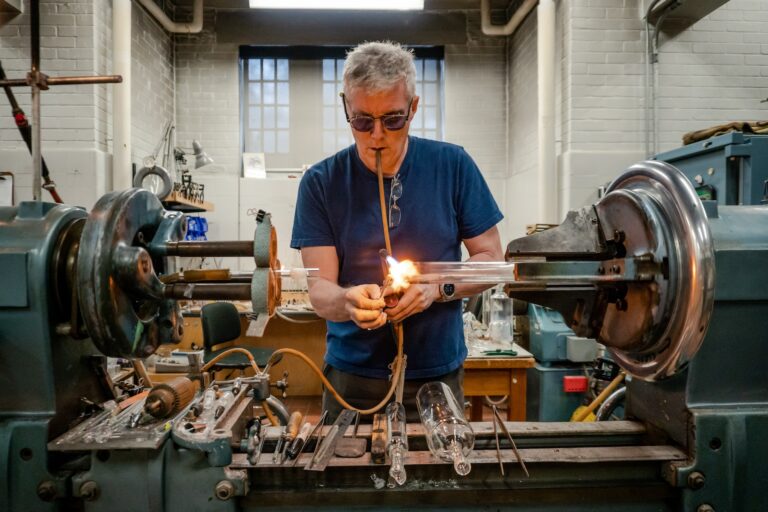Q&A: UBC researchers warn of dangers of air pollution during COVID-19 outbreak
With all attention on COVID-19 and concerns about the capacity of our health care system to cope, emphasis has rightly been placed on social distancing, handwashing and increasing hospital capacity.

With all attention on COVID-19 and concerns about the capacity of our health care system to cope, emphasis has rightly been placed on social distancing, handwashing and increasing hospital capacity.
But are we doing all that we can do to lessen the load on our health care system?
Professor Michael Brauer in the UBC School of Population and Public Health, Dr. Christopher Carlsten, professor of medicine and Canada Research Chair in Occupational and Environmental Lung Disease at UBC, and Sarah Henderson, associate professor in the UBC School of Population and Public Health, believe it’s time to consider the dangers of air pollution during the COVID-19 outbreak.
In this Q&A, they explain how air pollution can make infections of the respiratory tract—such as those caused by the virus that causes COVID-19 disease—more severe and why it is more important than ever to ensure our air is kept as clean as possible to protect everyone, especially the most vulnerable, and to lessen the strain on our hospitals.
Why is it important to reduce air pollution right now?
MB: With the reduced traffic and economic activity due to social distancing, we may be tempted to assume air quality has improved, but in B.C. at this time of the year, our major air pollution sources are open burning of agricultural, forestry and other waste, residential wood heating and road dust. The wildfire season is also quickly approaching, bringing with it the potential for severe smoke.
Each year, air pollution is estimated by Health Canada to be responsible for 1,600 deaths in British Columbia, at a cost of $11.5 billion, through impacts on heart and lung disease. In the past week alone, elevated levels of health-damaging particle air pollution have been measured on Vancouver Island and in Metro Vancouver with authorities poised to issue air quality advisories.
Open burning of debris and residential wood burning—in some cases from the use of fireplaces to provide ambience with people spending more time at home—are the likely sources for the elevated levels. In our interior communities, spring has already brought multiple air quality advisories from dust events when snow melts and winter traction materials dry up.
Even as we physically distance ourselves, we are all breathing the same air. Our lungs are the first line of defense against COVID-19, so the air we breathe is important.
Can air pollution affect patients with COVID-19?
CC: Each year across the globe air pollution is responsible for more than 400,000 deaths from pneumonia. We learned from the 2003 SARS experience that elevated air pollution exposure doubled the risk of death in those who had the SARS-CoV-1 virus.
The gases and particles in polluted air damage the natural defense systems that fight respiratory viruses, such as SARS-CoV-2. Such pollution weakens our first line of defense—our lungs, including the protective cells and fluid lining our airways and the specialized proteins that fight against invading organisms.
While it is too early to know whether air pollution has had a similar impact during the current pandemic, both Wuhan and northern Italy are areas with relatively poor air quality. Other studies on other viruses show that air pollution can increase both the frequency of severity of infection. Therefore, poor air quality can impose an additional burden on the health care system during a time when it is already stretched very thin.
How can we reduce air pollution levels in B.C.?
SH: Fortunately, actions can be taken quickly and at relatively little cost or inconvenience.
First, use of fireplaces should be banned when not needed as a primary heating source, until the pandemic is over. Second, open burning of debris should be halted in locations close to population centres, at least temporarily. Third, municipalities should take action to clean streets and reduce the potential for further road dust events.
Finally, everyone should start preparing for wildfire smoke events to ensure that we are ready should the pandemic still be raging when the fire season begins. This means those with pre-existing heart and lung disease who are most vulnerable should ensure that they have adequate supplies of medication and should consider purchasing air cleaners. It is also reasonable to consider proactive fire bans to further reduce the likelihood of wildfires this year.



